Welcome to Matrix Education
To ensure we are showing you the most relevant content, please select your location below.
Select a year to see courses
Learn online or on-campus during the term or school holidays
Learn online or on-campus during the term or school holidays
Learn online or on-campus during the term or school holidays
Learn online or on-campus during the term or school holidays
Learn online or on-campus during the term or school holidays
Learn online or on-campus during the term or school holidays
Learn online or on-campus during the term or school holidays
Learn online or on-campus during the term or school holidays
Learn online or on-campus during the term or school holidays
Learn online or on-campus during the term or school holidays
Select a year to see available courses
Science guides to help you get ahead
Science guides to help you get ahead
Want REAL study strategies to help you achieve a high score in Year 12 Maths? Here are 6 proven study habits by Matrix students who smashed their goals and scored Band 6.

Join 75,893 students who already have a head start.
"*" indicates required fields

Join 8000+ students each term who already have a head start on their school academic journey.
Ever wondered how top HSC students consistently score Band 6 in Maths? How do they tackle procrastination, tricky topics and lack of motivation that we all feel?
We spoke to some Matrix students who made it into the top 2%, and they shared exactly how they did it. In this article, you’ll learn how they stayed consistent, handled stress, and tackled the hardest topics, so you can learn from their experience.
Table of contents:
Want Band 6 Maths Advanced resources?
Learn from expert Maths teachers, proven resources and structured lessons! See why 8000+ join Matrix each term.
| Name: George Ge ATAR: 98.55 School: Sydney Boys Subjects: English Advanced, Maths Extension 1 and 2, Physics, and Economics. |  |
| Name: Ella Yang ATAR: 98.55 School: Abbotsleigh Subjects: Biology, Chemistry, Economics, English Advanced, Mathematics and Mathematics Extension. | 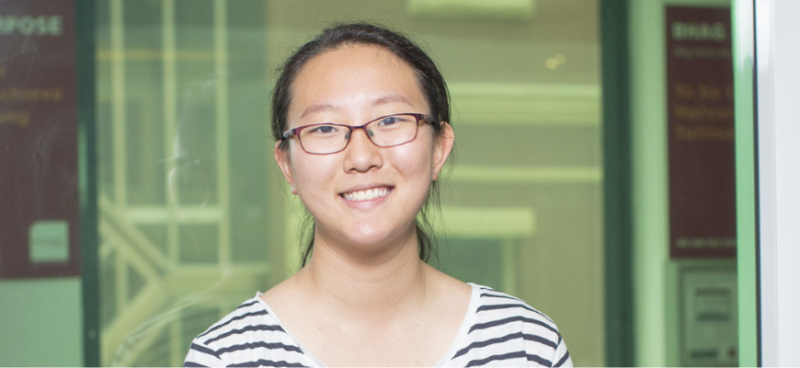 |
| Name: Ymer Bushati ATAR: 98.55 School: Sydney Boys Subjects: English Advanced, Physics, Chemistry, Mathematics Extension 1 and Mathematics Extension 2. | 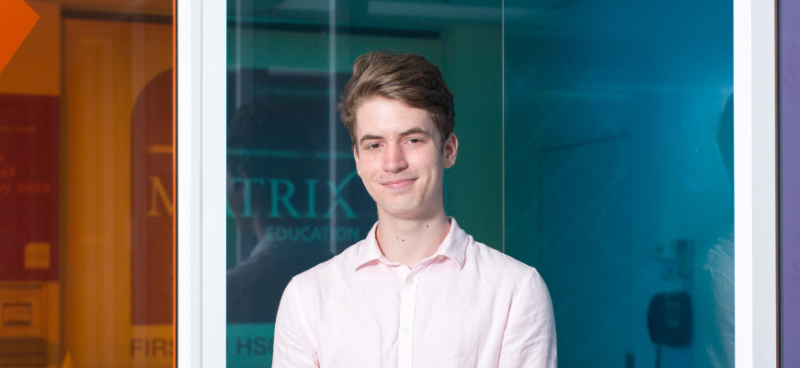 |
| Name: Caitlyn Tan ATAR: 99.65 School: Pymble Ladies’ College Subjects: English Advanced, Chemistry, Physics, Latin, Mathematics Extension 1 and Mathematics Extension 2 | 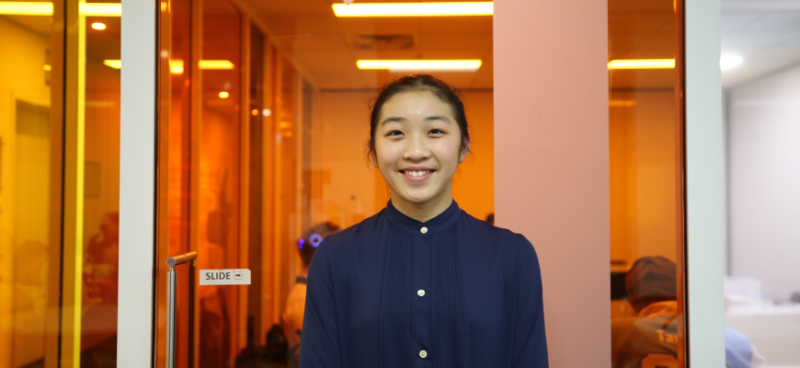 |
| Name: Emma Bu ATAR: 99.95 School: North Sydney Girls High School Subjects: English Advanced, Mathematics Extension 2 and Extension 1, Legal Studies, Chemistry and Japanese Continuers. | 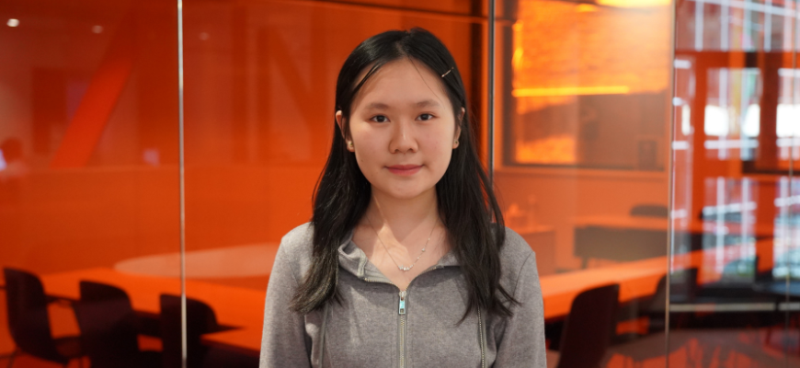 |
| Name: Iris Huang ATAR: 99.50 School: Hornsby Girls High School Subjects: English Advanced, Mathematics Extension 1, Mathematics Extension 2, Chemistry and Biology. | 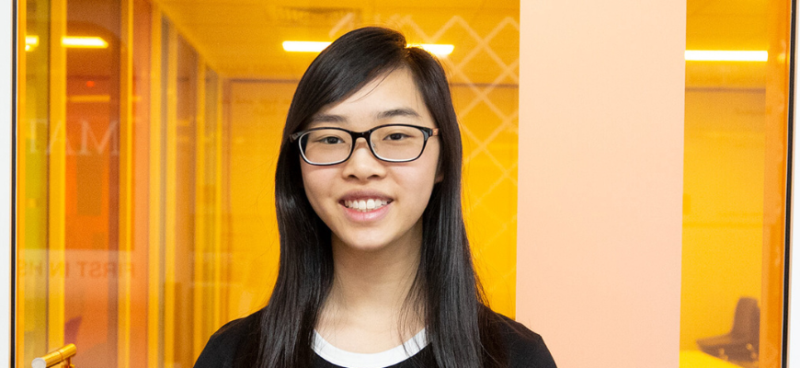 |
While, of course, every student has their own personality and schedules, these students do share a few powerful habits that held them become high achievers!
Here’s what they did, and how you can do it too.
Each of these Band 6 students actively learn from their errors in school and Year 12 tutoring. Instead of just fixing an error and forgetting about it, they documented it with a mistake log or error book. It’s used to show you exactly what you need to revise more, and avoid making the same errors in the exam.
This approach helped them focus revision where it mattered most: on personal weak spots, not just general content.
How to do it yourself:
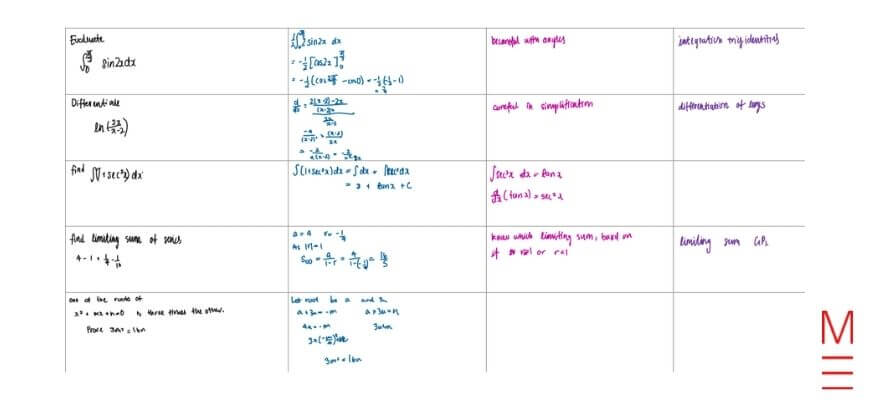
It may be tempting to think that more past papers equal better marks. But these high-performing students were strategic with how and when they used them. They separated exam practice into these three phases below.
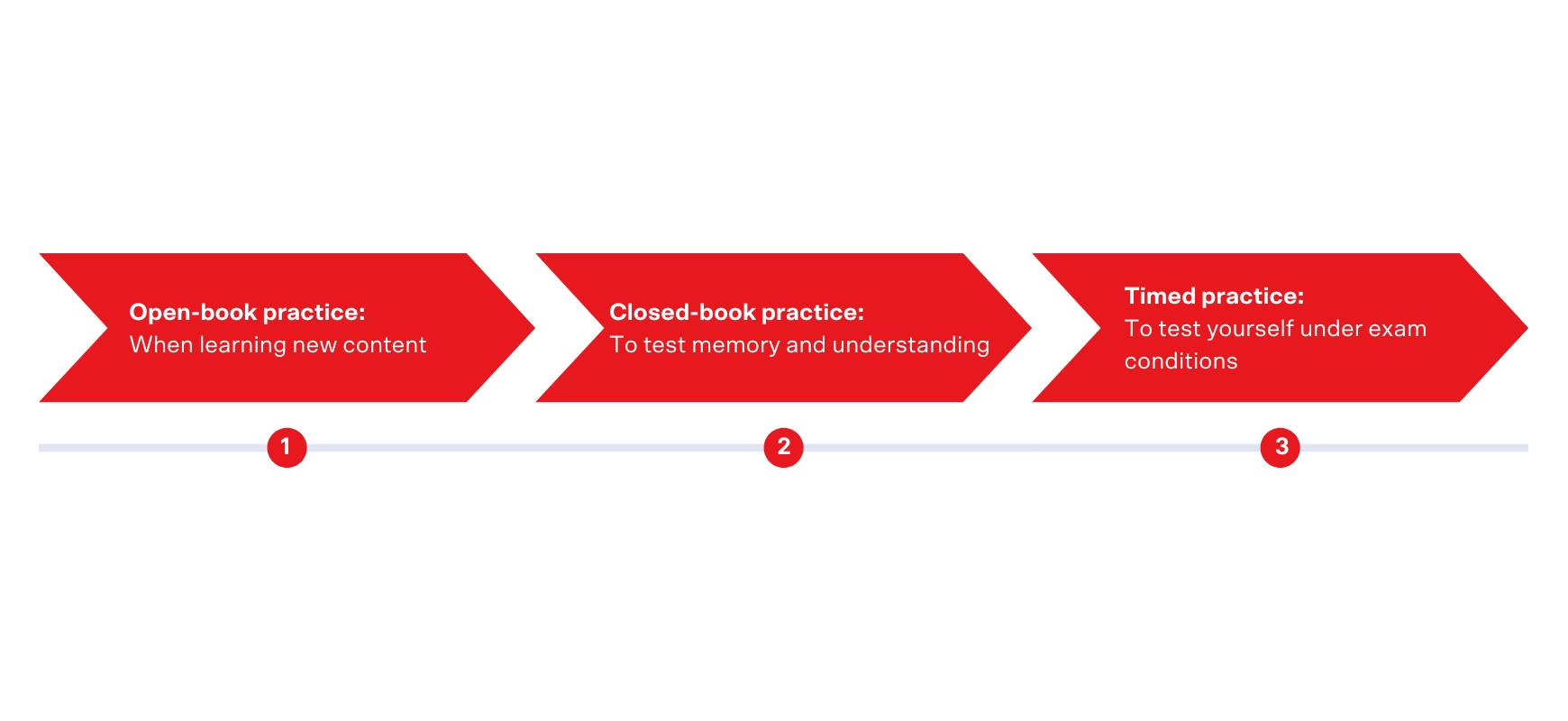
Here’s what that looked like:
Every paper you do should build on your knowledge. If they continue to confuse you, it’s time to deep dive into the mistakes you’re making.
Try it yourself:
Use NESA marking guidelines to check your answers. Look at score AND structure.
Studying with others helped these students improve faster. The technique here is called collaborative learning. You work together to solve problems, mark each other’s work, and explain concepts to each other. Throughout this process, you’re teaching someone else, which helps you understand better too.
Studying this way helps you find new ways to solve problems, remember things better, and stay motivated.
How you can implement it:
Ace Maths Ext 1 with Matrix+
Expert HSC teachers and Band 6 resources! Learn at your own pace and join 8000+ students getting ahead.
High achievers know that effective study means having uninterrupted focus. They do anything and everything to fight distractions. Each student found their own ways to limit interruptions from their phones, reduce multitasking, and work in focus-boosting environments.
Try it yourself:
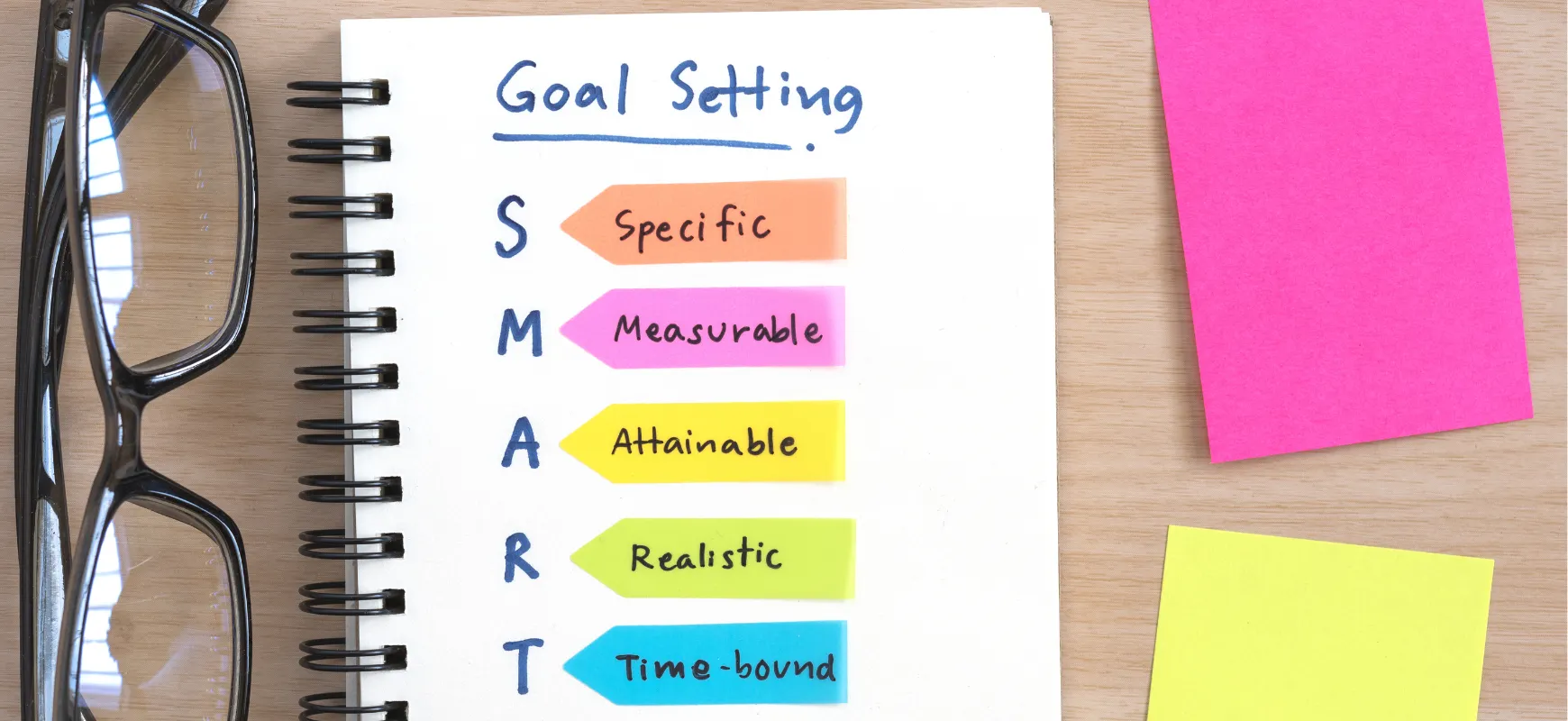
Every high-achiever had one thing in common: they didn’t just “hope” to do well; they set clear goals and built routines to reach them. This is called goal-setting psychology. Seeing the target helps you stay motivated and plan effectively.
How you can implement it:
Every single student valued rest and recovery. Being intentional about finding balance between study and life is important. So, while you’re scheduling your study sessions, also think about downtime, keeping up hobbies, and staying mentally healthy.
How you can implement it:
You’ve just explored the habits and strategies that helped some of the highest-achieving Year 12 Maths students succeed, from tracking mistakes and setting clear goals to practising with purpose and staying focused.
Turn these into part of your weekly routine, and you won’t just build confidence, you’ll be on your way to earning a Band 6.
What’s one habit from this list that you’re going to try first?
Learn with expert teachers
Get ahead with courses led by subject matter experts. See why 8000+ students trust Matrix every term.
Written by Matrix Maths Team
The Matrix Maths Team are tutors and teachers with a passion for Mathematics and a dedication to seeing Matrix Students achieving their academic goals.© Matrix Education and www.matrix.edu.au, 2025. Unauthorised use and/or duplication of this material without express and written permission from this site’s author and/or owner is strictly prohibited. Excerpts and links may be used, provided that full and clear credit is given to Matrix Education and www.matrix.edu.au with appropriate and specific direction to the original content.